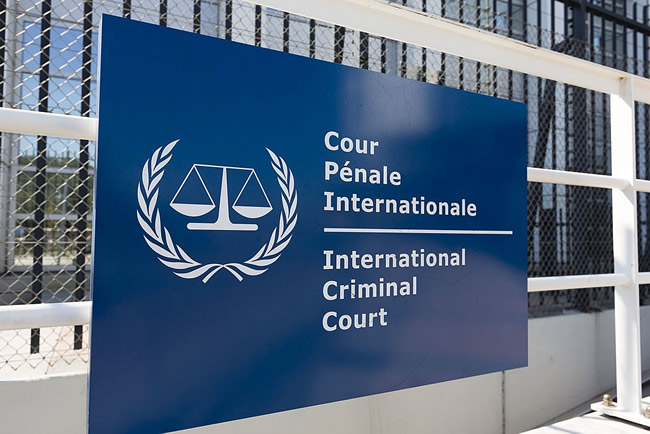The Centre for Human Rights, Faculty of Law, University of Pretoria, takes note, with satisfaction, of the South African government’s revocation of its ‘Instrument of Withdrawal’ in line with the decision of the North Gauteng High Court of 22 February 2017. In its decision, the High Court found that the deposit of South Africa’s ‘Instrument of Withdrawal’ was unconstitutional because Parliament’s approval for withdrawal from the Statute of the International Criminal Court (ICC Statute) was not sought or obtained. The Court ordered the government to revoke its withdrawal notice, which it has now done.
 Download this press statement
Download this press statement
In our view, this is a moment for careful consideration and reflection. There is no necessity for the executive to approach Parliament to obtain its approve for withdrawal from the ICC Statute. The circumstances are now different to October 2016, when the initial decisions was taken to withdraw.
It will be recalled that South Africa adopted national legislation (the Implemenation of the Rome Statute of the International Criminal Court (ICC Act)) to give practical effect and establish domestic procedures to make the ICC Statute effective in South Africa. Subsequent to South Africa’s withdrawal, but before the High Court’s judgment, a Bill to repeal the ICC Act was introduced to Parliament. Submissions have been invited on the Repeal Bill and the Notice of Withdrawal. The Centre for Human Rights has requested that the due date for submissions be postponed. However, this request has been denied.
Today, 8 March 2017, is the last day for submissions to the Portfolio Committee on Justice and Correctional Services, on the Repeal Bill and Notice of Wothdrawal. The Centre for Human Rights has prepared submissions, which are
attached.
We call on the executive to carefully consider the appropriatenss of submitting a new notice of withdrawal from the ICC Statute to Parliament.
We also call for the Repeal Bill to be withdrawn or that consideration of this Bill be suspended. Now that South Africa has retracted its withdrawal from the ICC, we contend that Parliament should first decide on whether to withdraw from the ICC, if that question is placed before it, and repeal or amend the ICC Act only after the executive has clarified its reasons for wishing to take this action. In other words, for now, we suggest, the Repeal Bill should be withdrawn, or its consideration should be suspended. After reasons have been provided for withdrawal from the ICC Statute, a renewed public consultation should be held before a final decision is taken by Parliament. Only once Parliament has approved the withdrawal from the ICC Statute, should the re-tabling or re-introduction of the Repeal Bill be considered.
For more information, please contact:
Director
Centre for Human Rights, University of Pretoria
Tel: (012) 420 3228 or mobile: 073 3934181
www.chr.up.ac.za
![]() Download this press statement
Download this press statement

